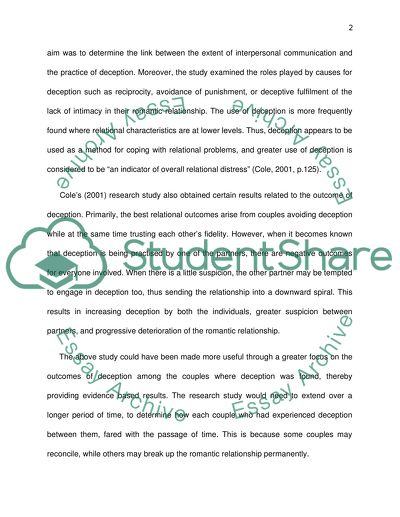Cite this document
(“Consequences of deception in romantic relationships Dissertation”, n.d.)
Retrieved from https://studentshare.org/family-consumer-science/1411985-consequences-of-deception-in-romantic
Retrieved from https://studentshare.org/family-consumer-science/1411985-consequences-of-deception-in-romantic
(Consequences of Deception in Romantic Relationships Dissertation)
https://studentshare.org/family-consumer-science/1411985-consequences-of-deception-in-romantic.
https://studentshare.org/family-consumer-science/1411985-consequences-of-deception-in-romantic.
“Consequences of Deception in Romantic Relationships Dissertation”, n.d. https://studentshare.org/family-consumer-science/1411985-consequences-of-deception-in-romantic.


